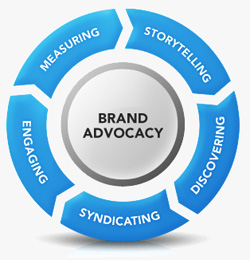Tech Tonics: Imran Haque, Grounded Data Scientist
A computational biologist by training, Imran Haque has managed to achieve the near-impossible: embracing the promise of data science in medicine while retaining his critical faculties. He may well be just the sort of innovator required at the intersection of medicine and big data.
Born and raised in the Bay Area, Imran says he grew up in the sort of environment where his father, an electrical engineer, didn’t think twice, when Imran was in elementary school, about giving him a book about how to code – which he immediately devoured.
Imran went to college at Berkeley (go Bears!), where he majored in electrical engineering and computer science, and developed an interest in computational biology. He pursued this in graduate school in computer science at Stanford, where he was advised by such luminaries as computational biologist Vijay Pande (now a VC) and AI wizard Daphne Koller (a previous Tech Tonics guest, and the founder of insitro).
Imran subsequently has forged the path at the intersection of biology and analytics, assuming roles of increasing prominence at Counsyl (focused on carrier screening) and Freenome (early identification of cancer). In these roles he developed a reputation for rigorous and critical thinking, arguing that data suggest screening couples for many rare diseases represents a sensible idea, while screening healthy people for very early stage cancers by looking for circulating tumor DNA (ctDNA) may run up against physical limitations, namely the lack of a single disease molecule in the typical volume of blood sampled.
In addition, as David has written in Forbes (see here, also here), Imran is excited about the opportunities associated with data and analytics in biology, but is wary about the seductive false positives powerful techniques tend to generate.
Join us today for a captivating conversation from the untamed frontier of analytics in medicine and drug discovery.
Today’s show is sponsored by IDEA pharma, the industry’s leading path-to-market strategy practice, bringing more great medicines to patients. You can find them at:
ideapharma.com.
Posted in:
Audio Podcast, Healthcare, Intel, Tech Tonics, Technology


